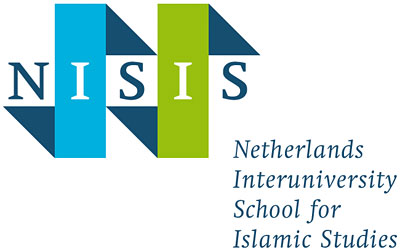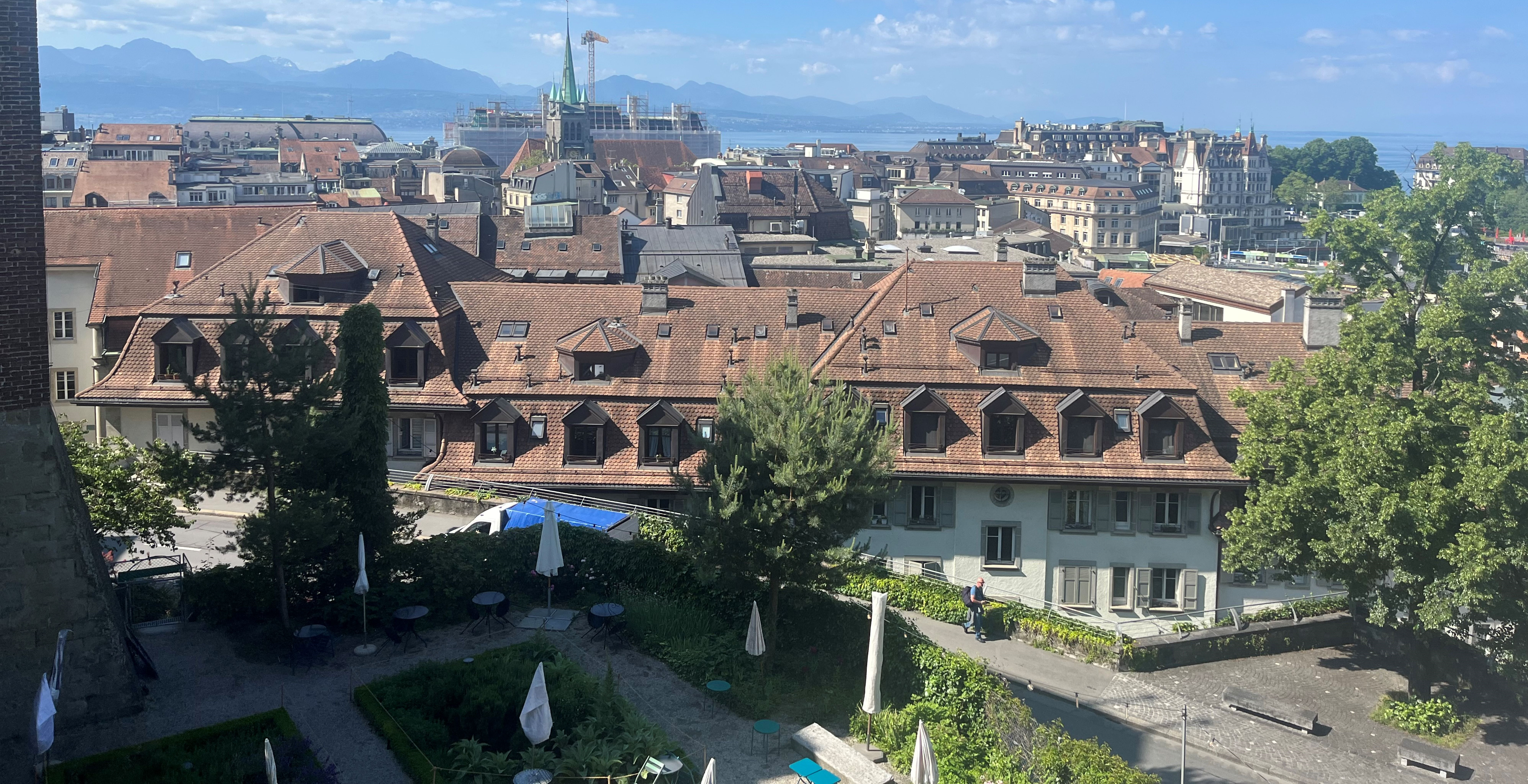Agenda
Report ENIS Spring School ’24 – Lausanne, Switzerland
Just like every year, NISIS organised a Spring School in collaboration with its European partners of the European Network for Islamic Studies (ENIS) this year. The 2024 edition of the ENIS Spring School, themed “Peripheral Islam: Muslims on the Geographical, Normative, Political and Religious Margins”, took place at the University of Lausanne in Switzerland, from 4-7 June. Co-organised by ENIS representatives from the University of Lausanne, CNRS (Paris), the University of Catania, CSIC (Madrid), Philipps-University of Marburg, the University of Messina, the University of Erfurt and, of course, NISIS, this Spring School included some two dozen speakers presenting on a wide range of topics.
On Tuesday 4 June, after the opening of the Spring School by NISIS director Joas Wagemakers, Wissam Halawi (University of Lausanne) kicked off the proceedings with his keynote lecture on “Prohibiting Mixed Marriages in Druze Law”, which focussed on how this “peripheral” community dealt with marital relations between members of this group and those outside it and how legal scholars have treated this in their writings. This was followed by a session on “Peripheral Islamic Thought”, in which three PhD-candidates explored various aspects of this topic.
After a nice lunch in the university cafeteria, we moved on to the second keynote lecture by Sylvie Taussig (CNRS, Paris), which focussed on “Muslims in Latin America: Islam Without Theology?” and dealt with the various Muslim communities in South America that have come into existence there. The PhD-candidates in the sessions that followed concentrated on similarly “peripheral” regions where Muslims live under the heading of “Peripheral Muslim Communities” or on the presence of Shiite communities in Sunni contexts and their religious discussions with those surrounding them. We ended the first day with a very nice Swiss cheese fondue at a nearby restaurant.
On Wednesday 5 June, we abandoned our academic activities for a while and spent the day visiting parts of Lausanne’s city centre. We explored the city in two different groups, each led by an expert local guide (and, in one group, aided by Andrew Sutherland’s intimate knowledge of the city). Part of our tour included a visit to the wonderful cathedral of Lausanne, which was quite impressive. After a tasty Italian lunch, the more adventurous members of our group joined Andrew (Lausanne) for a hike around Lake Geneva and some even went for a refreshing swim there.
The third day of the Spring School, Thursday 6 June, started with a very wide-ranging keynote lecture by Gary Bunt (University of Wales Trinity Saint David) on “Digital Connections” in Muslim communities, which had relevance for various PhD-candidates working on different forms of periphery in Muslim contexts. Some of these presented their work in the next session, which focussed on “Contemporary Islamic Peripheral Thought”. This was followed by the second keynote lecture of that day, by Mònica Colominas Aparicio (University of Groningen), who spoke about “Mudejars and Moriscos in Christian Iberia: A Pre-Modern Muslim Periphery”, and a session of presentations by PhD-candidates on “Peripheral Views and Lifestyles” among Muslim communities. We ended the day with another wonderful dinner, this time in Italian style.
The final day of the Spring School, Friday 7 June, started with a keynote lecture by Thijl Sunier (Vrije Universiteit Amsterdam), who spoke about “Peripheries in the Making of Islamic Authority Among Muslims in Europe”, based on his latest book. This wide-ranging talk about Muslim communities in various European countries provided a very good introduction to the final session of the day (and the Spring School), which concentrated on “The West as Islamic Periphery”, during which several PhD-candidates presented their research about Western (influence on) Muslim communities.
At the end of the final day, we evaluated the Spring School and honoured Thijl Sunier, who will retire from his position as chairman of the board of NISIS at the end of this academic year. We thanked him for his service to both NISIS and ENIS and presented him with several gifts to express our appreciation for what he has done throughout the years. Likewise, I would like to thank Wissam Halawi for hosting us in Lausanne, as well as Pascal Buresi, Mirella Cassarino, Maribel Fierro, Albrecht Fuess, Daniela Melfa, Christoph Günther, Thijl Sunier, Araceli González Vázquez, Andrew Sutherland and Sara Muller for co-organising this ENIS Spring School. We can look back on a fascinating, interesting and rewarding experience.


